"Objection, Your Honor, hearsay."
"Objection sustained."

While watching Law & Order, I didn't quite understand what was so bad about hearsay. After all, if they said it, why can't it be admitted into evidence?
Until there was more than one incident with my niece. I should have seen the signs.
"But you said you would!" she wailed.
"I did?" She's too honest for her own good, so I questioned my own memory and capitulated. Yet when she claimed more than once "You said you would," I realized that she wasn't being truthful.
"Babi said she would buy me anything if I go to bed on time!" she reported happily one day.
"When did I do that?" Ma questioned.
"When did I do that?" Ma questioned.
"You said so!"
"No, I didn't."
The story eventually untangled; Ma had told her to be sure to go to bed on time during the school year, and then moved on by asking her what she wanted for breakfast: "I'll make you anything you want."
My dear Eewok, in her eagerness for presents, simply heard what she wanted to hear, editing out the inconvenient bits. She should never be allowed to testify in court.

I thought of this as I read "My Father's Last Romance," the author's widowed elderly father had found love again, and had announced to his son that she had asked him to marry her. But as time passed she did not show such matrimonial-inclined behavior. Soon, his father passed away.
. . . I took a breath and put a question to her that I hadn’t been able to stop thinking about for months: “Why did you ask my father to marry you?”
She shook her head. “I never did that,” she replied. “I told him if he were well I’d want to marry him.”
His father had heard what he wanted to hear, and the son was judging her harshly for a crime she had not committed. Eewok does not lie to be craftily manipulative; she has an image in her head of what she wants so badly she alters her recollections to support that fantasy. To the extent that she had caused a number of misunderstandings that could have gotten nasty if left undiscovered.
I'm trying now, when told "they said," to recall: "Objection: hearsay." These words could be spectacularly inaccurate, and should not be held against any.
2 comments:
Please excuse my ignorance of Yiddish (again): what is 'ahngerhedt'? I tried googling it, but the only result was this page...
My lack of Yiddish fluency would one day catch up with me; apparently I used that word incorrectly. Switched to English. ;)
Post a Comment